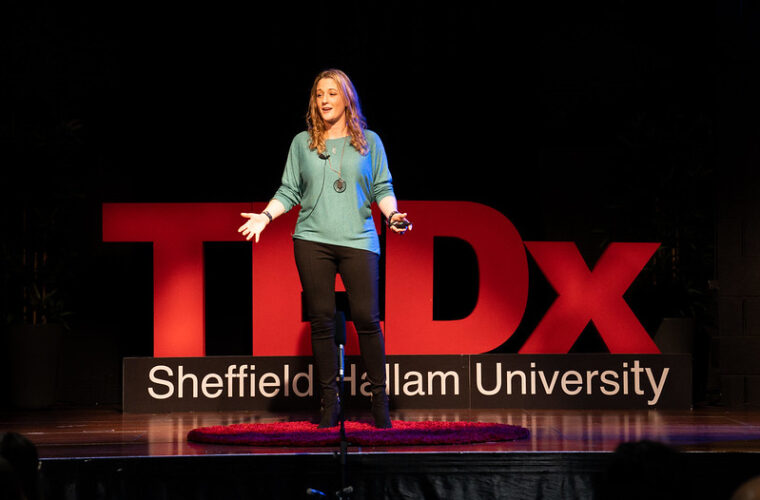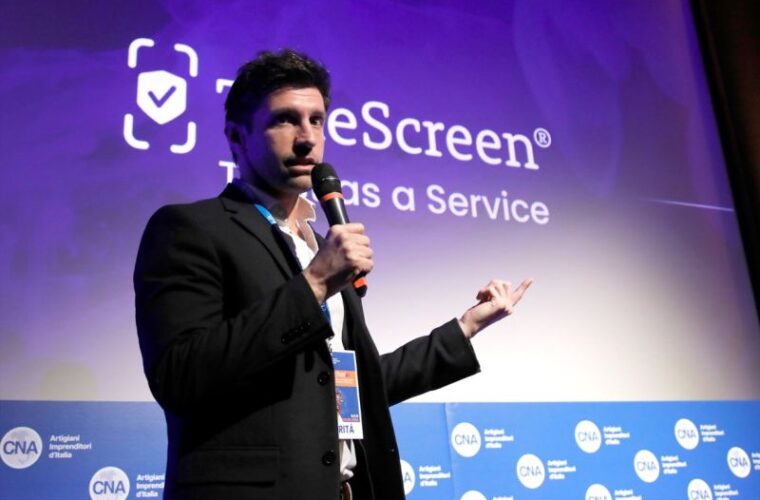Place of residence: I am based between Milan and Apulia
Position: Co-founder & CEO Hiop
Please describe a day in your life
I wake up at 7:15, spend 30 minutes easing into the day, then dive into 45 minutes of study before heading to the office. Our day kicks off with a coffee at the office bar—very Italian! After some quick chats and laughs, it’s back to work. An important part of my time is spent with the team, getting to know what they’ve accomplished and offering gentle guidance when needed. I also brainstorm new ideas and explore ways to grow from everything happening around Hiop. Another key part of my day is spent meeting the amazing people and companies we collaborate with—partners, customers, investors, and other brilliant minds. My schedule is varied, and I love it. When possible, I also carve out 1 to 4 hours here and there for focused, creative work or to draft handbooks and directions for the team.
How many projects are you currently working on? Please describe them
Hiop is my clear main focus; frankly, it’s a world of its own. I spend most of my time immersed in it, watching incredible micro-projects bloom from our core work. It’s not just “ours”—I love collaborating with developers and partners building on our technology. On the side, I also lend a hand to early-stage and non-profit projects, like founderswap.xyz, an open-source platform for outsider founders to connect and share some hard-earned wisdom. It’s a mix of hustle and heart, and I wouldn’t have it any other way.
In your opinion, who is the most influential person/company in the world of technology these days?
People like Satya Nadella at Microsoft or Dr. C.C. Wei at TSMC. These are key players who could disrupt (or shut down) entire segments of the digital supply chain. I think they own the keys to enterprise software and hardware, respectively. Think of this: if one day NVIDIA stops production, AMD can figure out what to do and catch up. If TSMC stops production, with the supply chain of most electronic devices in trouble, the entire global society might panic for years. I’d also mention less common names from the Python world, such as Samuel Colvin or Sebastian Ramirez, who are producing core software libraries under the hood of many innovators and startups. I’d also highlight Yann LeCun, pioneering new model architectures for the next wave of AI disruption.
If you could pick one project from the past you wish you were involved in, what would it be?
Without a doubt, Xerox PARC. I would have had an incredible time there.
How do you see technology evolving in the next ten years?
Three words: decentralisation, robotics, and AI as systems of machines.
What are three qualities that make you successful in tech?
Genuine curiosity: It’s the best way to discover and dive deep into details that truly matter.
Uncompromising focus on the future.
Practicality: I find more satisfaction in doing and building than just thinking about ideas.
What has been the most challenging thing in your career so far?
Creating the space that now allows me to work on my vision. I started young, far from tech hubs, and in a country where it’s especially tough for young people to break through.

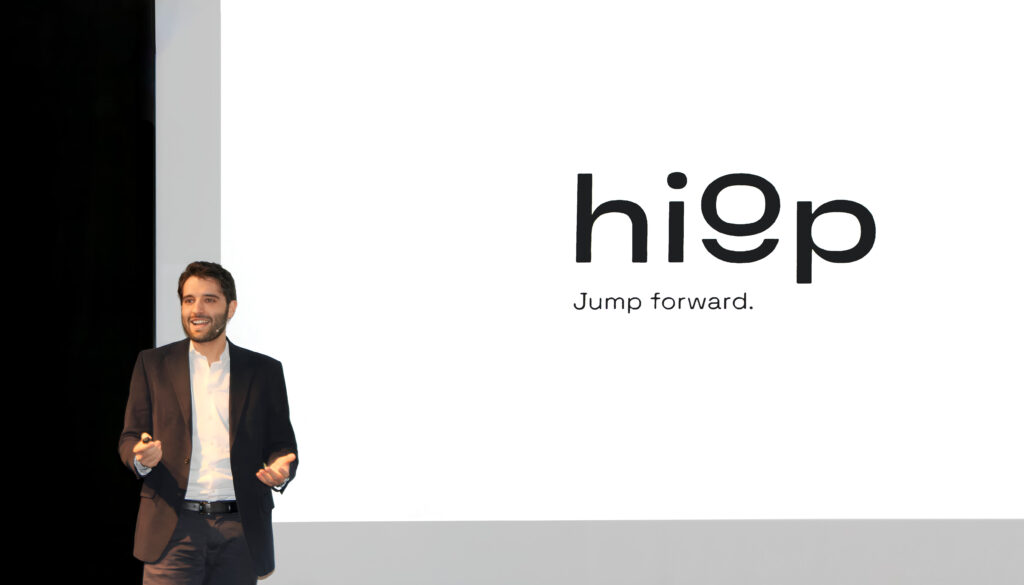
What is your greatest achievement so far?
Seeing other companies and startups building unique products on top of our technology. Knowing that our work is helping people achieve ambitious goals is incredibly fulfilling. That’s my definition of impact — creating something good that compounds.
What are the three most important lessons you’ve learned in your career?
Be practical. Ideas and planning are overrated—quick, effective execution is what wins. Focus on outcomes. Define your goals, and let the team determine the activities to achieve them. Rely on and support other founders. The startup journey is unique, and those who have been through it are the ones to turn to for advice. It’s a community—give, and it will come back to you.
If you could give advice to your younger self, what would it be?
Trust your own judgement. Don’t rely too much on other people’s opinions. When you’re building something like Hiop, the vision, the knowledge, and the responsibility are yours alone. Gather feedback to have all the information you need, but be confident when making decisions.
Do you have any tips for people starting in tech?
If you’re aiming at data and AI, forget the theory—grab Python, take a crash course, and experiment with every tool and library you can find. Practice makes progress. As for becoming a tech entrepreneur, here’s my advice: don’t. And if you still think you want to be an entrepreneur, don’t. The tech scene is cutthroat and overcrowded, and by the time you’ve dreamt up an idea, there are probably a hundred people with more resources already working on it. But if creating a company is the most effective way to make your vision a reality, proceed to keep extreme focus. Just know what you’re up against.
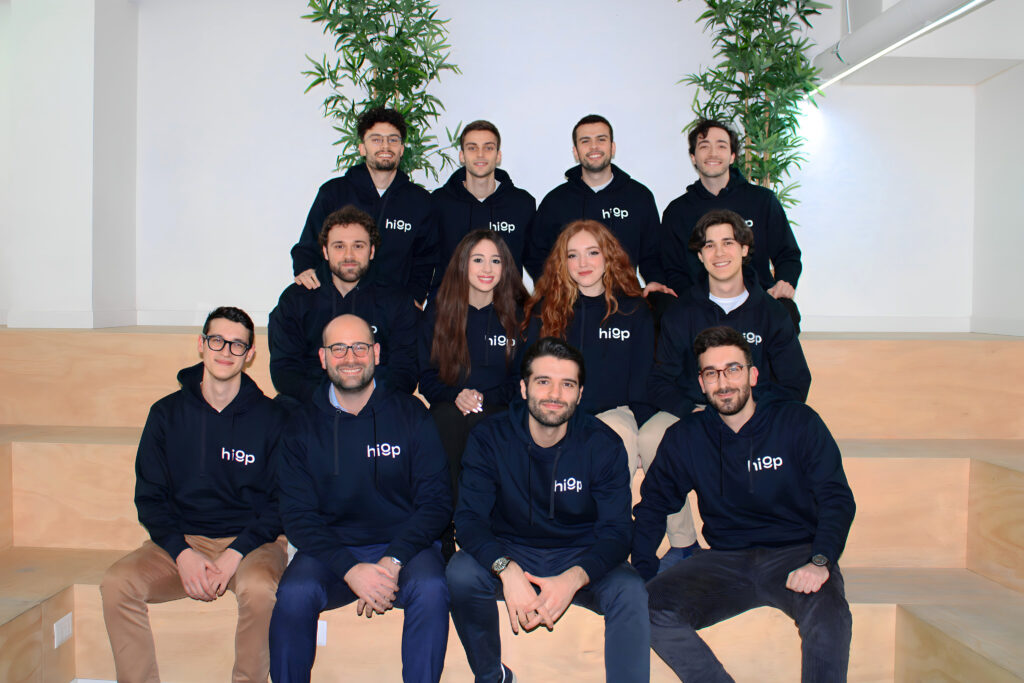
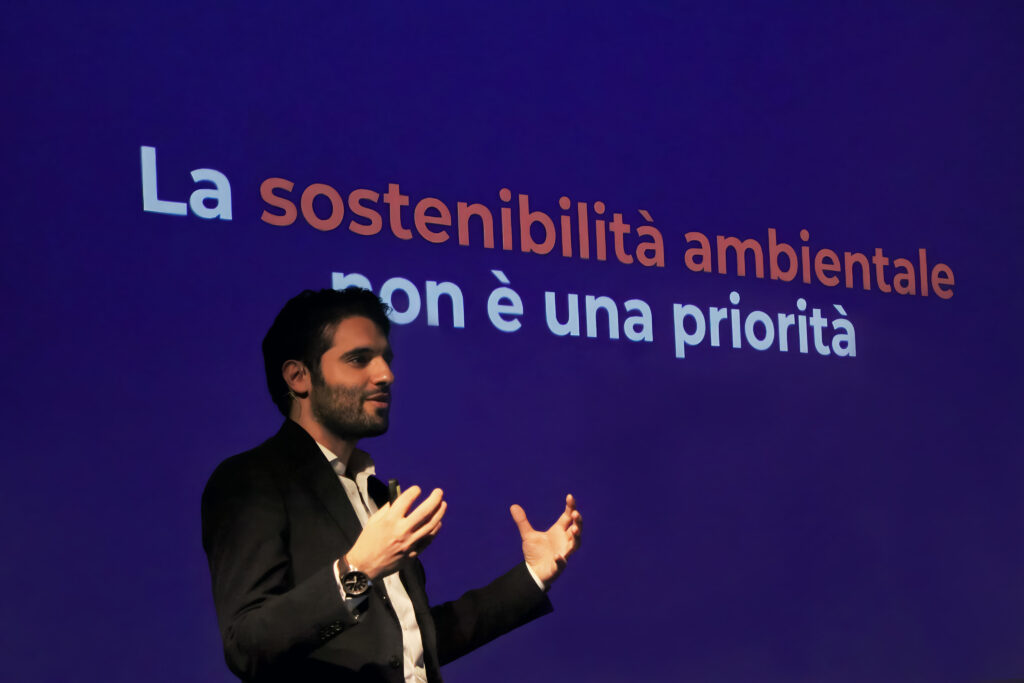
What can’t you live without?
My calendar, my agenda (physical and digital), and now, my AI agents.
Which famous person would you like to have dinner with and why?
Marc Andreessen. He’s sitting at the crossroads of two worlds—he has epic stories from tech’s wild past and has the inside scoop on the projects that will shape the future. Plus, I bet he’d have some extremely valuable insights on what’s happening right now. That’s a dinner worth having.
Where’s your next travel destination?
I’m heading to Lisbon soon; Stockholm is on the list.
Do you have someone who influences or motivates you?
Absolutely. My entrepreneurial journey has felt like a family business, and I’ve had unwavering support from my close ones. They’ve been a constant source of advice, even though they probably still don’t fully grasp what AI or data analytics actually are. But love and unconditional trust make up for technical understanding.
What did you dream of doing as a child?
I wanted to be a scientist. Data science may not be exactly what I had in mind back then, but I’d say I didn’t stray too far from that.


